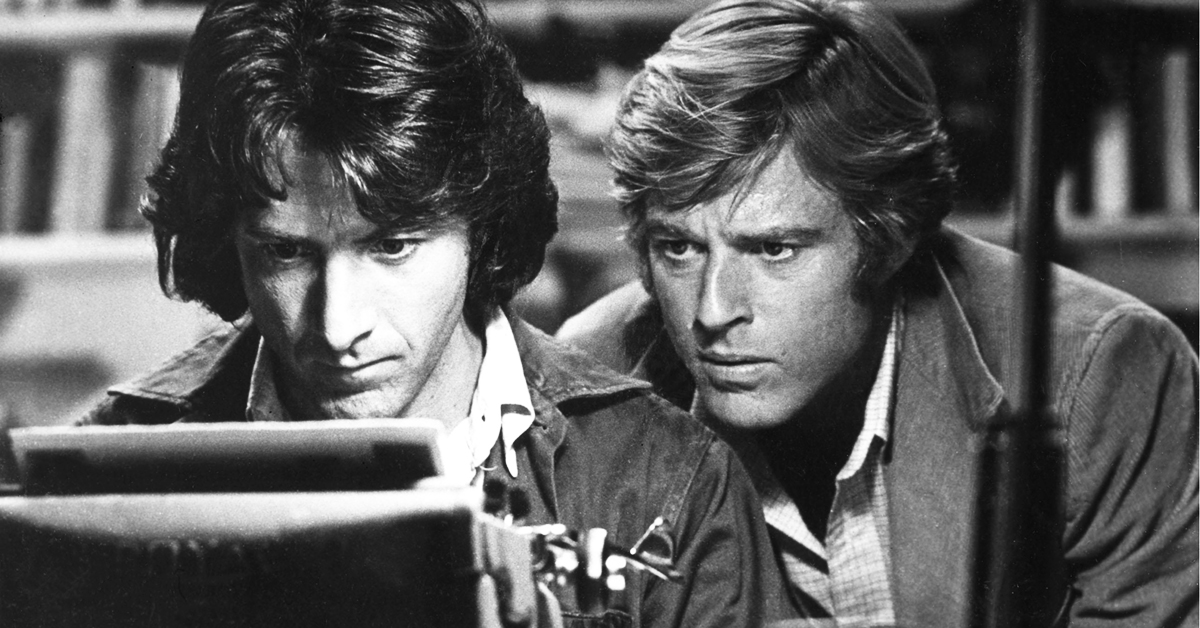In 1983, at the dawn of the personal computer age, Apple Inc. in promotional film entitled "Lisa Soul Of A New Machine" touted their new computer, a 16-bit dual disk drive "personal office system", as something that would do away with "the cluttered desk, index cards, file folders, the in-out basket, [and] the calculator." (00:01)
Some of these things moved to the realm of the computer including the messy desk(top) now giving people two messy desks, a real one and a virtual one. The database-like structure of the card index also moved over, but the subjective index and its search power were substituted for a lower level concordance search.
30 years on, for most people, the value of the database idea behind the humble "index card" has long since disappeared and so it seems here as if it's "just" another piece of cluttery paper.
Appreciate the rosy framing of the juxtaposition of "past" and "future" jumping over the idea of the here and now which includes the thing they're selling, the Lisa computer. They're selling the idealized and unclear future even though it's really just today.


















 <br />
via
<br />
via 


















